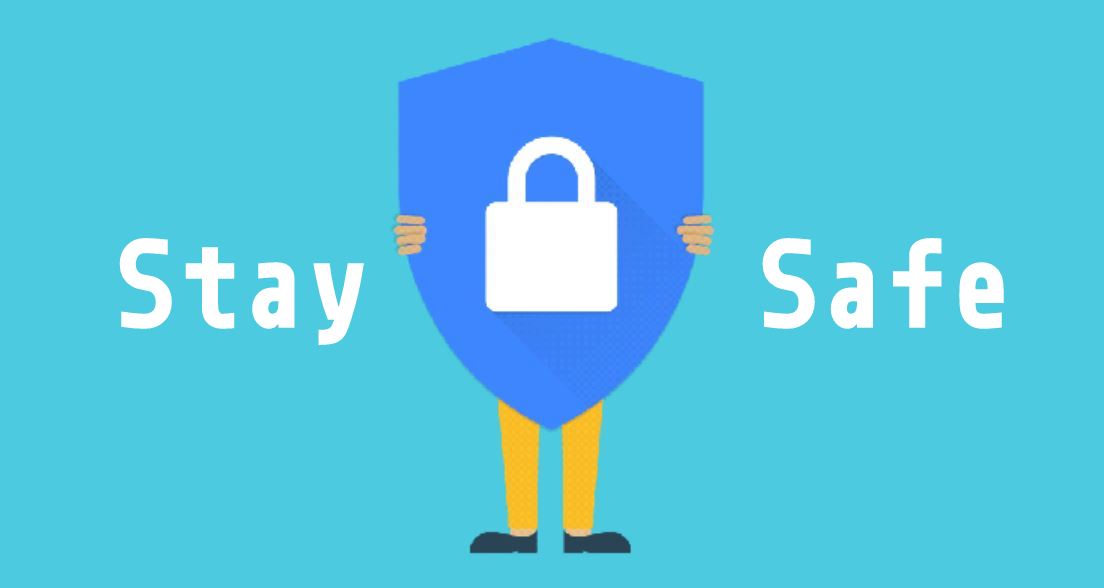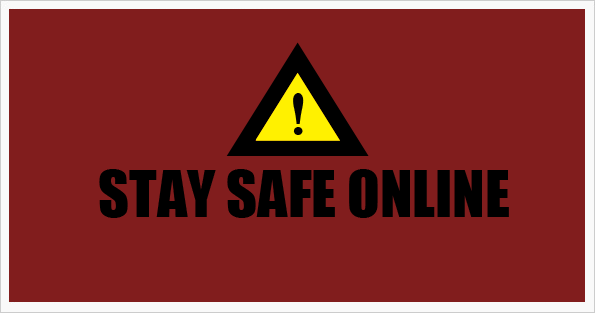
Tuesday, December 13, 2016
Private policy
Twitter’s Private Policy
Twitter will not show your
private information like phone number, location and other private stuff until
the user say to share it to others. This site use your private information for
confirming that you are the one using like the third party websites. Twitter
need to tighten their security as tight as possible by confirming some private
information to them. In the public, They will share or disclose it depending on
the user. Twitter can share to other users the number of your followers, the
number of people you are following and others. Twitter has also more private
feature to talk like the direct message. Twitter has no capability to
share it with others.
Facebook’s
private policy
 Facebook collect the content and
other information you provide when you use our Services, including when you
sign up for an account, create or share, and message or communicate with
others. This can include information in or about the content you provide, such
as the location of a photo or the date a file was created. Facebook also collect content and information that other people provide when they use
our Services, including information about you, such as when they share a photo
of you, send a message to you, or upload, sync or import your contact
information.
Facebook collect the content and
other information you provide when you use our Services, including when you
sign up for an account, create or share, and message or communicate with
others. This can include information in or about the content you provide, such
as the location of a photo or the date a file was created. Facebook also collect content and information that other people provide when they use
our Services, including information about you, such as when they share a photo
of you, send a message to you, or upload, sync or import your contact
information.
Thursday, December 1, 2016
Tips on how to stay safe online
2) Think carefully before posting
pictures or videos of yourself. Once you’ve put a picture of
yourself online most people can see it and may be able to download it, it’s not
just yours anymore.
3) Keep your privacy settings as
high as possible
4) Never give out your passwords
6) Don’t meet up with people you’ve
met online. Speak to your parent or carer about people suggesting you do
7) Remember that not everyone online
is who they say they are
8) Think carefully about what you
say before you post something online
9) Respect other people’s views,
even if you don’t agree with someone else’s views doesn’t mean you need to be
rude
 10) If you see something online that makes you feel
uncomfortable, unsafe or worried: leave the website, turn off your computer if
you want to and tell a trusted adult immediately.
10) If you see something online that makes you feel
uncomfortable, unsafe or worried: leave the website, turn off your computer if
you want to and tell a trusted adult immediately.
11) Kick-butt passwords. Do away with the “Fitguy1982” password
and use an extremely uncrackable one like 9&4yiw2pyqx#. Phrases
are good too. Regularly change passwords and don’t use the same passwords for
critical accounts. For more tips on how to create strong passwords, go to http://passwordday.org/
12) Protect
your info. Keep your guard up. Back up all of your data on your computer,
smartphone and tablet in the event of loss, theft or a crash. Also, routinely
check your various financial statements for questionable activity.
13) Watch your Wi-Fi connectivity. Protect your network by changing your
router’s default settings and making sure you have the connection
password-protected. For more information on how to protect your Wi-Fi connection,
click here.
14) Install a firewall. A firewall is a great line of defense
against cyber-attacks. Although most operating systems come with a firewall,
you might want to consider installing McAfee LiveSafe™service
which has a much better firewall than the one that comes built into your
operating system.
15) Keep up
to date. The best
security software updates automatically to protect your computer. Use the
manufacturer’s latest security patches to make regular updates and make sure
that you have the software set to do routine scans
Subscribe to:
Comments (Atom)






